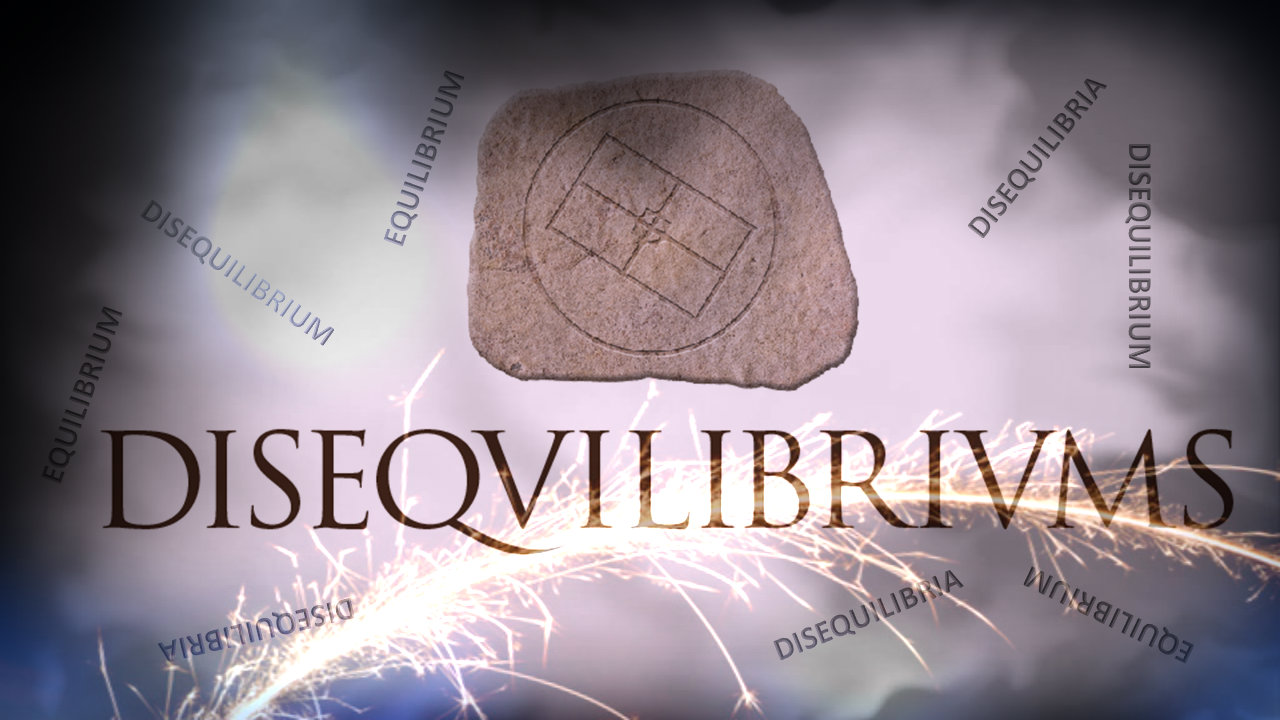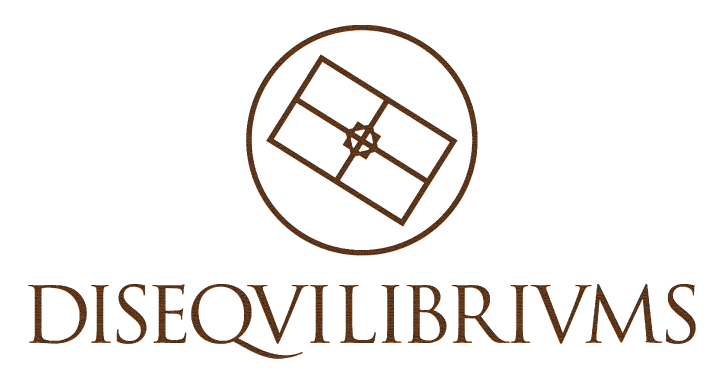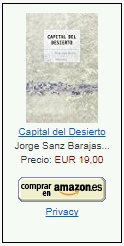DISEQUILIBRIUMS The Individuals. Chapter 29
Thursday 22 December 2016
Time: 7:30 pm
Sofia
 It’s happened to me again! How can I utter such a bad word?
It’s happened to me again! How can I utter such a bad word?
First, I shout an insult at my mother at home and again, the same thing is happening. What’s happening to me? I’ve always had the reputation of being the most polite. My parents have brought me up like that, but… everything is changing, and I am too. I like being quick, for everything to happen quickly: to make one decision after another. But I cannot lose respect for others. This whole problem is overwhelming me.
Samuel has succeeded in making us all focus on him. I thought that he was one of those freaks who want to pass unnoticed and perhaps that was why I wanted to befriend him; that and because no one wanted to be with him. The long overcoat he always wears gives him a sinister look. Today, however, I’ve noticed that he’s well-groomed again. I think that’s the second time I’ve seen him like this.
“Sorry,” Samuel starts, speaking softly and looking down at the floor.
The guys move chairs around as if they didn’t know where to put themselves.
“I think I should be there!” I hear Elsa’s voice.
I cross my arms on the table and look directly at Samuel’s face.
“Erik’s parents belong to Disequilibriums.”
That I did not expect. But what is he talking about? Erik abruptly jumps to his feet.
“And, how do you know this?”
Well, this is all becoming very exciting. The truth, I mean. His parents belong to something that I don’t know what it is.
Is this what he was going to tell me, what I prevented him from saying unless the five of us were together? And now, how’s this going to turn out? I’m accustomed to making quick decisions, but on this occasion, I have to stand aside. They have to resolve this conflict themselves.
Erik is totally flushed. His fists are clenched. As he had rolled up his sleeves earlier, I can see the tension in his arm muscles. They are like rope. I’ve never seen him like this. He looks as if he is about to explode.
“Jävla skit!” He shouts. “Jävla skit![1]”
As he says it, he begins to calm down. I don’t know what it means, but it seems to calm him.
“Right now,” Erik starts speaking, looking at the table, “I don’t care what you know and how you know it. I wanted to tell Sofia for some time, but she decided that I had to do it in front of you.”
He stands up slowly. He must have changed again as he’s wearing light brown corduroy trousers which match his boots. Over his beige tee-shirt, he’s wearing a typical woodcutter’s overshirt with large red and white squares. As he reaches the window and looks out at the tree outside, he looks as if he is in the woods about to start his work. The only thing missing is the axe. With his hands in his pockets and leaning a little against the glass, he starts speaking.
“It is true. Today, I found out that my parents didn’t come here to live in this city only because of the wind and sun. There was another reason.”
This is new! Darn it! Every minute is taking on a new dimension. I am seriously regretting not listening to him before coming here.
Samuel gets up from the armchair and comes over to sit next to David and me around the table.
“According to what they told me,” Erik continues, “both belong to a group which has been spreading to many cities worldwide for the last two years.”
“It all started,” Samuel interrupts him and all of us, except Erik, turn to look at him, “when someone launched the idea in 2011 that this world crisis was different from all the others.”
“Look,” Erik continues, without looking away from the window and with a slow but serious voice, “I don’t know how you know, but as I’ve started, I prefer you let me finish.”
Samuel nods, without saying a word.
“This person,” Erik continues, “launched the idea that this crisis is the consequence of some imbalance: an imbalance or disequilibrium occurring in nature itself, with the widespread plunder of raw materials, pollution, use of water resources, a social and economic disequilibrium and above all, something which he calls Integral disequilibrium.”
He stops for a moment and turning towards us, he says:
“This last kind of imbalance, according to the group, has played a significant part in the crisis which started off as a financial one, leading to the terrible social repercussions we are currently experiencing.”
He returns to sit with us around the table.
“To find out the causes for this imbalance, that person went to research it in recorded history, specifically the history of Europe, from the ancient Greeks and Romans. And that was when he found out what we have discovered in recent days.”
“The geometrical arrangement of the city of Zaragoza and its links to the sun,” Samuel interrupts him again, but this time, Erik takes no offense.
“According to what my parents told me,” Erik continues, “all the research is based on how the design of the city is linked to some supposed balance and how that could affect its inhabitants. Furthermore, how this balance created by Romans with the Cardus and Decumanus affected everything else.”
“And who organised everything?” Elsa asks.
“Wait!” Erik continues, looking at Elsa’s image on the wall, “the first thing this person did was to share what he had found out through his networks and then he founded the group.”
“But,” David asks interestedly, “who are the people in this group?”
“Mainly they were people who lived in cities where the city design was based on Cardus and Decumanus. One would never have imagined that there would be so many, not only in Europe, but also in North Africa, in South America and several major cities in the United States where they have this design.”
“So,” I say the first thing that occurs to me, “they are like a sect.”
Erik frowns and crosses his arms on the table. I don’t think my comment was appropriate.
“No, it is not a sect or a secret society.” I think that he’s a bit annoyed. I will not interrupt again. “They are simply a working group made up of various people who’ve started to share how their cities overcame past crises, how we could overcome this one and how we could prevent another from happening.”
“What’s the name of the group?” David asks.
Erik looks up at Samuel and nods.
“Disequilibriums,” Samuel answers.
So that was the name of the group! When he mentioned it before, Samuel didn’t know what it referred to. I see from the faces of the others that we are all looking at him in jaw-dropping amazement.
“Like any other group on social networks,” Erik continues quickly, “they had to give themselves a name and this was it. Almost all of them were professionals in different fields, not only historians. Filled with the desire to combine their efforts for a common purpose, they began to work together. There was no administration, other than for each person to contribute information they found, share it and together improve it and try to design what they all agreed to call ‘the guide to balance’.
“I can’t hear you,” Elsa complained. “Can you speak more loudly please? Or close to the mike?”
As we are doing the video from his computer, David put his laptop close to Erik.
“The guide to balance,” Erik repeats and looks at Elsa’s image until she nods.
“There is something I don’t understand.” We can hear Elsa’s voice again.
“What?” I notice that Erik’s voice sounds a little irritated at being interrupted.
“When he mentioned it earlier, Samuel raised a question in my mind and while you were all speaking, I checked the English dictionaries.”
In silence, we watch as Elsa’s image, projected on the wall, turn the pages of the book in her hands.
“The word ‘disequilibriums’ does not exist,” she continues, “The plural of ‘disequilibrium’ is ‘disequilibria’.
I love my friend. Always the perfectionist.
We all turn to Erik, waiting for his response in silence.
“You are certainly observant, Elsa”, he responds. “You are right. As my father was explaining this part of the story, my mother affectionately interrupted him to tell him this.”
“Well done you, Elsa!” David exclaimed, thrilled with what is taking place. How I enjoy watching him when he is happy!
“According to what they told me,” Erik continues, “’disequilibria’ is the name they were going to use, but they realised that it was already being used on social networks for other things. So, despite having a linguist in the group, they all agreed to use a word with which, although it did not exist, they could still reserve URL domains on the Internet.”
Samuel’s face is amusing. He must have searched on his tablet and is now looking at the screen, nodding in agreement.
“Yes, it’s true,” he said in a low voice. “I didn’t know that.”
I think that he felt disappointed with himself for not having discovered it before. I love it. We’re discovering a little more about each other all the time.
David pats him on the back a couple of times and smiles.
“I can tell you,” Erik continues, “that, when my parents began to talk to me about this, they became excited. They kept on interrupting each other, but always to add something new to what was said earlier. They did not get angry with each other, which normally happens when they are discussing other things, whenever one starts something and the other interrupts.
“How long have they been doing this?” I ask him, interested.
“The work started a year ago. They joined in Sweden, not because their city had been designed with a Cardus and a Decumanus, but because they worked on projects to use the air and sun in their country, and on one of the social networks in which they were connected to other members of the group working on the concept of balance through the four elements of nature: air, water, earth and fire.
“But something changed, didn’t it?” Samuel asked.
+++++++++++++++++++++++++++++++++++
[1]Shit (translation from Swedish).
+++++++++++++++++++++++++++++++++++
Writer: Glen Lapson © 2016
English translator: Rose Cartledge
Publisher: Fundacion ECUUP
Project: Disequilibriums
Register on the website www.disequilibriums.com/en/registred and you will receive a notification to allow you to read the chapters as they are published and updates of the project.





No Comments